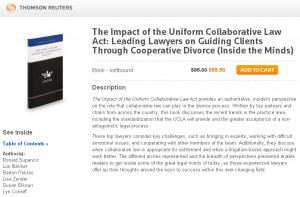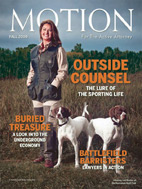“To forgive is to set a prisoner free and discover that the prisoner was you.” – Louis B. Smedes
Divorce by its very nature lends to holding grudges, rehashing past ills, and fostering resentment. So many people imprison themselves (often trapping their children) in these feelings, allowing them to escalate and consume all of their energy and drive all of their decisions in the divorce. By the time they reach the point of forgiveness, it is often too late. Unforgivable things have been said, the separation turned into full out war, the children used as pawns. These errors are very difficult to rectify.
Though it may be difficult to even wrap your head around the idea of forgiveness when going through the trauma of divorce and/or infidelity, it is important to remember that forgiveness is not the same as denying wrongdoing, or foregoing justice.
Holocaust survivor and main star of the documentary The Lady in Number 6: Music Saved My Life, Alice Herz-Sommer, who lived to be 110, is a beautiful example of a life lived according to the full meaning of forgiveness. Though she witnessed the worst of what human beings are capable of doing to each other, she rose above it and refused to be brought down by it. She understood that hatred consumes the hater rather than the hated and that challenges often turn out to be the impetus for growth and change. In her own words: “Everything we experience is a gift, a present we should cherish and pass on to those we love.”
In the Collaborative Divorce Process, we strive to enable our clients to reach a state of forgiveness. Our aim is to turn their experience of a divorce into a new beginning from which both partners and their families can grow and flourish. No other divorce process specifically aims to achieve this specifically.
Even if you are unable to utilize the Collaborative Divorce Process, I would highly recommend working with a divorce coach to get guidance and support in completing the admittedly difficult task of finding it in your heart to forgive and set yourself free.





 Lori D. Becker is featured on Super Lawyers.
Lori D. Becker is featured on Super Lawyers.